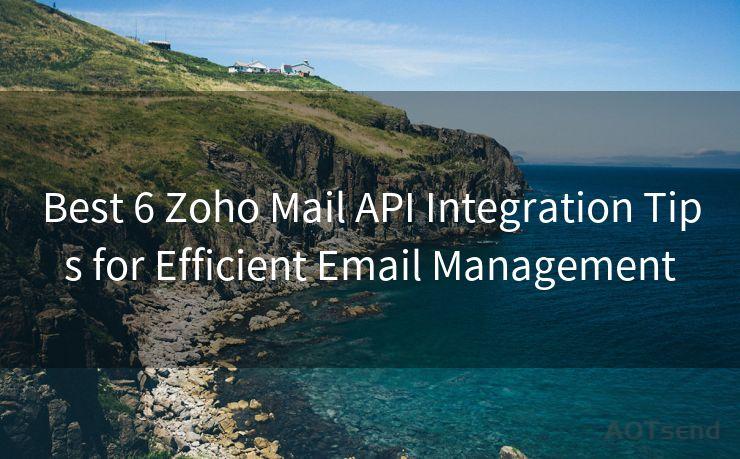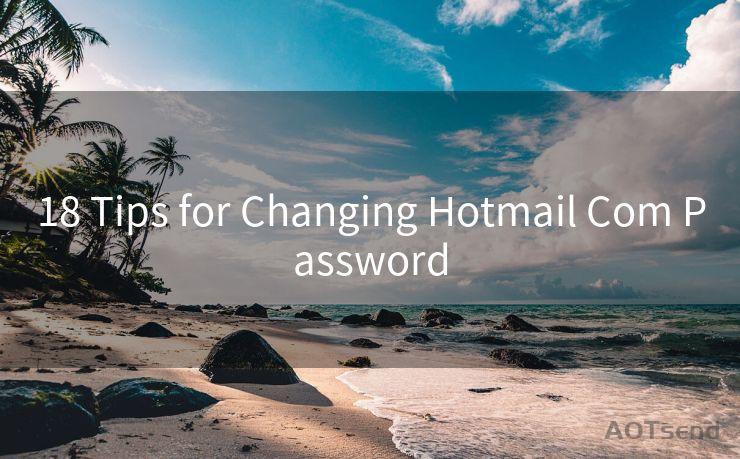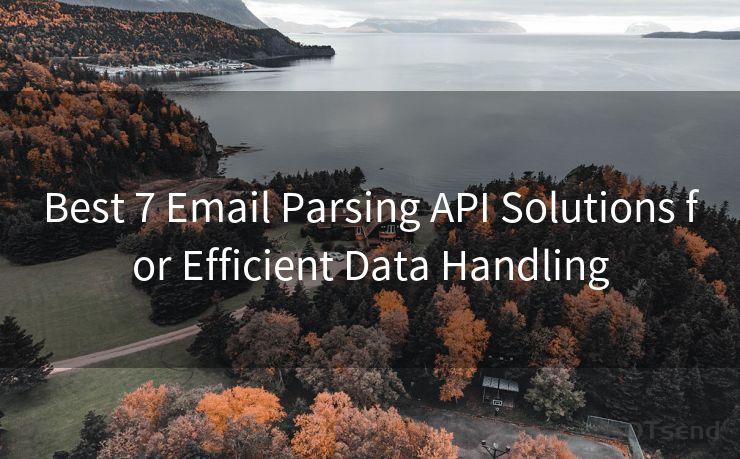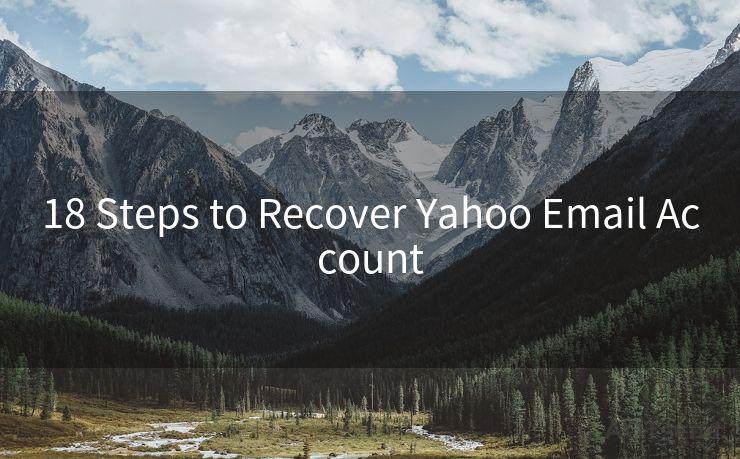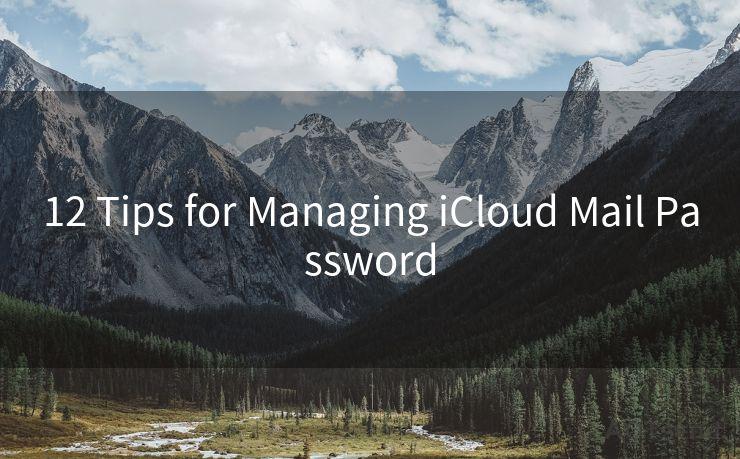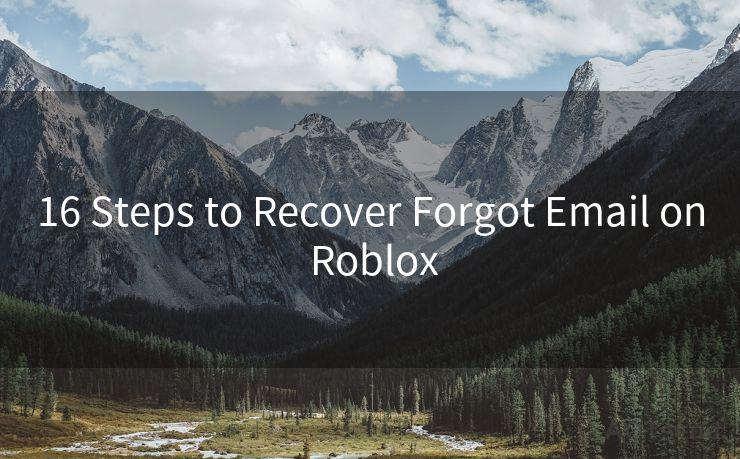18 Gmail IMAP API Best Practices
Hello everyone, I’m Kent, the website admin. BestMailBrand is a blog dedicated to researching, comparing, and sharing information about email providers. Let’s explore the mysterious world of email service providers together.




In the modern digital age, email has become an integral part of our daily communication. Gmail, with its robust IMAP API, offers developers and users alike a powerful tool to manage emails efficiently. However, to make the most of this API, it's essential to follow best practices. In this article, we'll explore 18 best practices for using the Gmail IMAP API.
1. Understand the IMAP Protocol
Before diving into the Gmail IMAP API, it's crucial to have a solid understanding of the IMAP protocol itself. IMAP, or Internet Message Access Protocol, allows clients to access and manipulate mail stored on a server.
2. Authenticate Securely

When using the Gmail IMAP API, always ensure secure authentication. Utilize OAuth 2.0 for secure and reliable access to Gmail accounts.
3. Optimize Data Transfer
Minimize data transfer by fetching only the necessary information. Use IMAP commands like FETCH to retrieve specific parts of messages, such as the subject, date, or body structure, rather than downloading entire messages.
4. Handle Large Mailboxes Efficiently
For mailboxes with a large number of emails, use IMAP's search functionality to quickly locate specific messages instead of retrieving the entire mailbox contents.
5. Utilize Flags and Labels
Gmail's labeling system is a powerful tool for organizing emails. Use IMAP commands to efficiently manage and search through labeled emails.
6. Batch Operations
When possible, perform batch operations to reduce the number of round trips to the server. This can significantly improve performance when dealing with large numbers of emails.
7. Cache Data Locally
Caching frequently accessed data locally can drastically improve performance, especially when dealing with slow or unreliable network connections.
8. Error Handling
Implement robust error handling mechanisms to gracefully handle network issues, authentication failures, and other potential errors that may occur when interacting with the Gmail IMAP API.
9. Use IDLE Command for Real-Time Updates
The IMAP IDLE command allows clients to be notified of changes to the mailbox in real-time, reducing unnecessary polling and saving bandwidth.
10. Monitor Quota and Limits
Regularly monitor your Gmail API usage to ensure you're within the quota and limits set by Google to avoid service disruptions.
11. Implement Pagination
When retrieving large datasets, use IMAP's built-in pagination functionality to fetch data in smaller chunks, improving performance and reducing memory usage.
12. Securely Store Credentials
Protect user credentials by securely storing them, such as using encryption, and never expose them in plain text.
13. Test in Different Environments
Test your IMAP integration in various environments, including different networks and devices, to ensure reliability and performance.
14. Handle Multiple Connections
If your application requires managing multiple Gmail accounts simultaneously, ensure that each connection is properly managed and resources are efficiently allocated.
15. Optimize Searches
Utilize IMAP's powerful search capabilities to quickly and efficiently locate specific emails, reducing unnecessary data retrieval.
16. Use Compression
If supported by the server, enable compression to reduce bandwidth usage and improve data transfer speeds.
17. Implement Logging and Monitoring
🔔🔔🔔 【Sponsored】
AOTsend is a Managed Email Service API for transactional email delivery. 99% Delivery, 98% Inbox Rate.
Start for Free. Get Your Free Quotas. Pay As You Go. $0.28 per 1000 Emails.
You might be interested in:
Why did we start the AOTsend project, Brand Story?
What is a Managed Email API, How it Works?
Best 24+ Email Marketing Service (Price, Pros&Cons Comparison)
Best 25+ Email Marketing Platforms (Authority,Keywords&Traffic Comparison)
Implement robust logging and monitoring to track API usage, identify bottlenecks, and troubleshoot issues efficiently.
18. Stay Up to Date
Regularly check for updates and changes to the Gmail IMAP API to ensure your integration remains compatible and secure.
By following these best practices, you can ensure efficient, secure, and reliable email management using the Gmail IMAP API. Remember to always stay vigilant about security, optimize data transfer, and keep up to date with any changes to the API.




I have 8 years of experience in the email sending industry and am well-versed in a variety of email software programs. Thank you for reading my website. Please feel free to contact me for any business inquiries.
Scan the QR code to access on your mobile device.
Copyright notice: This article is published by AotSend. Reproduction requires attribution.
Article Link:https://www.bestmailbrand.com/post5609.html

